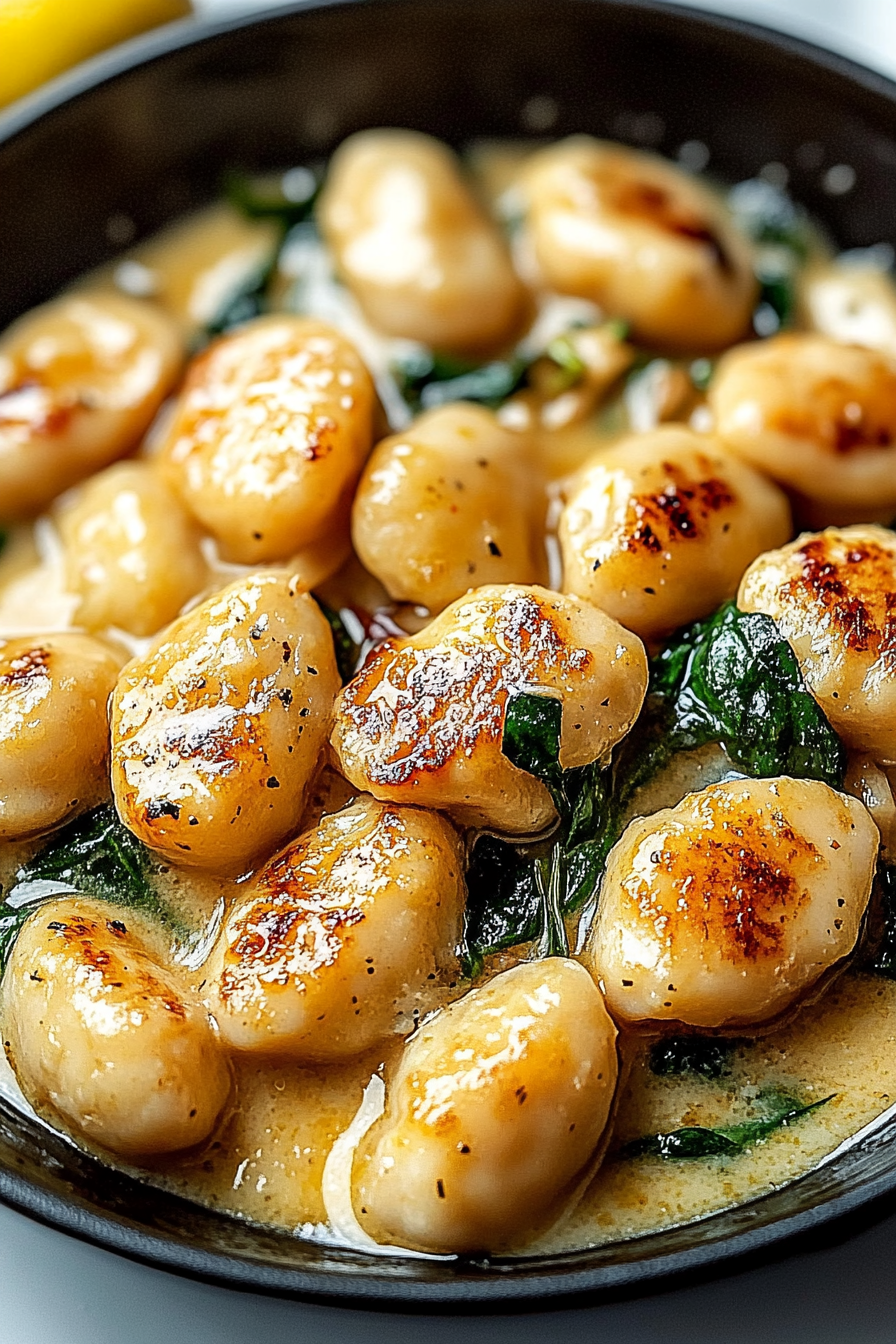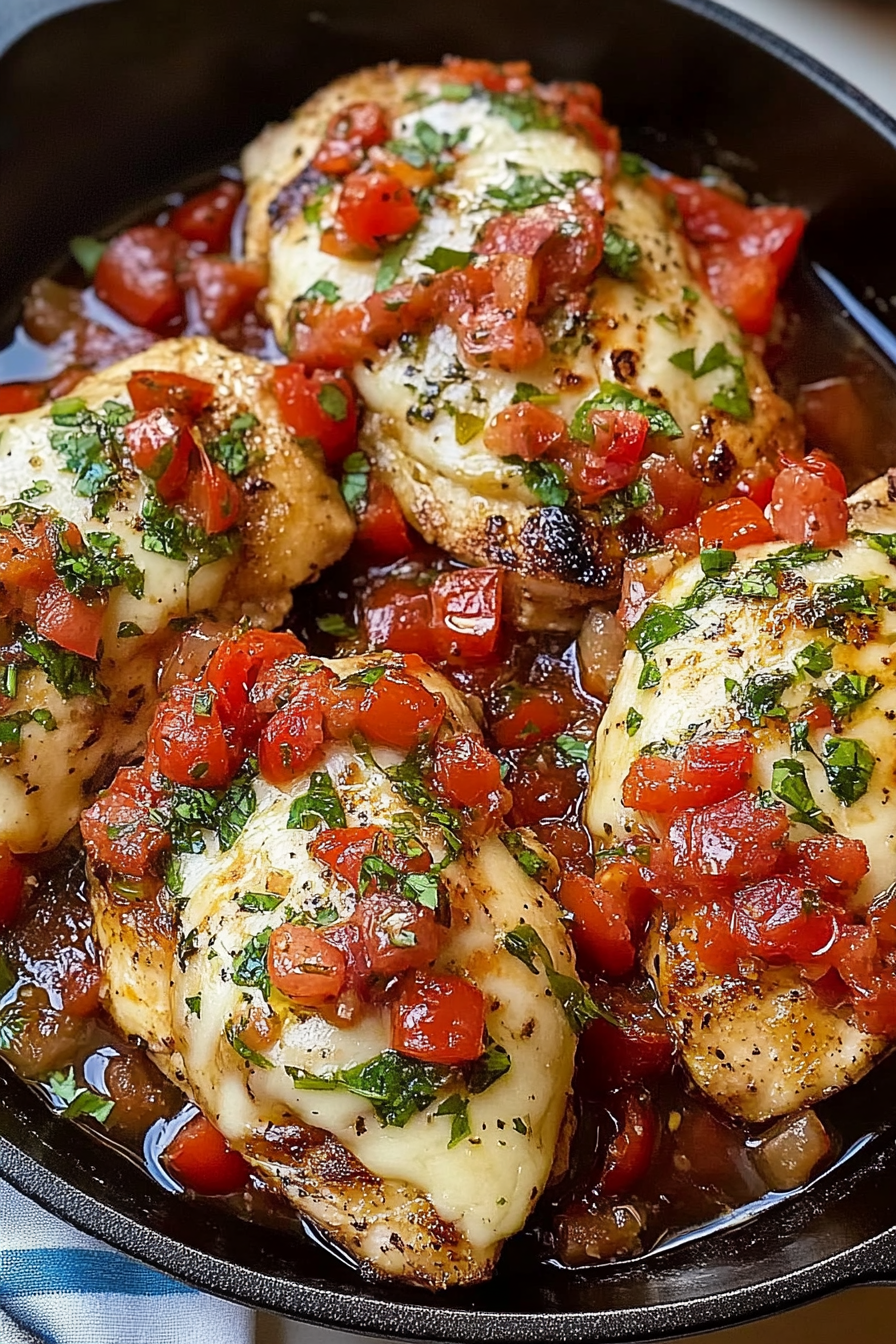Embarking on a culinary adventure doesn’t require a plane ticket to the bustling streets of Istanbul or the aromatic markets of the Mediterranean. With our Turkish Baked Eggs recipe, you can explore the vibrant, spicy flavors that define Turkish cuisine from the comfort of your own kitchen. This dish, often referred to as Shakshuka Recipe, is a delectable fusion of eggs poached in a hearty, spiced tomato sauce, offering a delightful blend of warmth and richness—perfect for any time of the day. To delve deeper into the health benefits, learn more about eggs’ nutritional impact.
Ingredients List
The magic of Turkish Baked Eggs lies in its simplicity and the use of fresh, wholesome ingredients. Here’s what you’ll need:

- Eggs: Free-range or organic eggs, as their rich yolk complements the sauce. Enhance your recipe collection by exploring our Simple Eggs Recipe Collection.
- Tomatoes: A mix of ripe plum or canned tomatoes for a balanced sweetness and acidity.
- Bell Peppers: Preferably red for a sweet note and vibrant color. Discover the nutrition benefits of bell peppers to add more flavor and health to your dishes.
- Onions and Garlic: Essential aromatics to build the sauce’s flavor base.
- Spices: Paprika, cumin, and a touch of cayenne for spice; adjust to taste for heat level.
- Herbs: Fresh parsley or coriander for garnish—adds color and freshness. Learn more about herb uses by visiting our Healthy Herbs in Cooking guide.
- Olive Oil: A good quality extra virgin olive oil—critical for the sauce.
- Salt and Pepper: Seasoning to taste.
If you’re ready to infuse your kitchen with the enticing aroma of Turkish cooking, gather these ingredients and let’s get to the heart of this savory delight.
Timing
Understanding the timing is crucial for achieving the perfect Turkish Baked Eggs. From preparation to serving, here’s a breakdown:
- Preparation Time: 10-15 minutes. Chopping and preparing your vegetables and spices.
- Cooking Time: 25-30 minutes. Though it differs slightly depending on your cooking method, the sauce thickens and flavors meld beautifully.
- Serving Time: Immediate. Baked eggs are best enjoyed piping hot straight from the oven.
Allocate around 45 minutes for the entire cooking process to manage your time efficiently and ensure a relaxing culinary experience.
Step-by-Step Instructions
Creating this dish doesn’t just involve cooking; it’s about embracing techniques and flavors that make Turkish cuisine cherished worldwide. Follow these Simple Steps:
Step 1: Prepare the Base
Heat olive oil in a skillet over medium heat. Add chopped onions and garlic, cooking until translucent and fragrant. The key is to develop a robust flavor foundation. For expert tips on perfect Turkish Eggs, check out this recipe from Serious Eats.
Step 2: Build the Sauce
Add bell peppers and continue to sauté until softened. Stir in tomatoes with their juices, using a spoon to break them up for a smoother consistency. Sprinkle in paprika, cumin, cayenne, salt, and pepper. Allow it to simmer gently, thickening for about 15 minutes. This step highlights why these recipes have become popular: it’s all about coaxing out intense, layered flavors.
Step 3: Poach the Eggs
Make small wells in the sauce using a spoon and crack an egg into each. Cover the skillet and let the eggs simmer until whites are set but yolks remain runny—approximately 7-10 minutes. Timing is critical here; eggs are the centerpiece of Turkish Baked Eggs.
Step 4: Add Finishing Touches
Once the eggs are cooked to your liking, garnish with fresh parsley or coriander. A sprinkle of feta cheese crumbles is popular and adds additional creaminess and tang.
Step 5: Serve and Enjoy
Carefully spoon the eggs and sauce onto plates. This dish pairs wonderfully with warm, crusty bread or pita, perfect for soaking up the sauce. Wield this technique to impress family or guests with a meal that is both rustic and refined.
Nutritional Info
Understanding the nutritional profile of Turkish Baked Eggs can enhance your dining pleasure while promoting a balanced diet. For another tasty and nutritious Mediterranean option, consider exploring more Mediterranean diet ideas.
- Calories: Approximately 250 per serving, making it a wholesome choice.
- Proteins: Eggs provide a good protein boost complemented by vegetables.
- Fats: Mainly healthy fats from olive oil and eggs, supporting heart health.
- Vitamins: Rich in vitamin A, C, and K from tomatoes and peppers, contributing to immunity and skin health.
- Minerals: Iron and calcium contribute to bone health.
This dish is not only a closure for your culinary palette but also sustains your body with magnificent nutrition.
Healthier Alternatives
Turkish Baked Eggs can be adapted to meet dietary needs without sacrificing flavor:
- Egg Substitutes: Tofu or quinoa for a plant-based twist, although texture changes slightly. Add kala namak for an eggy aroma.
- Low-Sodium Options: Use herbs over salt to reduce sodium intake, enhancing flavor without extra salt.
- Less Oil: Reduce the oil used to lower fat content, or employ a coconut cooking spray for flavor variation.
- Whole Tomatoes: Opt for Roma or San Marzano tomatoes to cut down processed alternatives, supporting health initiatives.
Each alternative not only adjusts the health profile but transforms how Turkish Baked Eggs can complement your dietary lifestyle, making it versatile and accommodating.
Serving Suggestions
This dish shines when paired with the right accompaniments:
- With Bread: Serve with sourdough or pita for dipping—guaranteed to absorb every flavorful drop.
- For Breakfast or Brunch: Pair with a light, citrusy salad, or set alongside prosciutto for added protein.
- As a Light Dinner: Complement with a simple cucumber yogurt salad—a nod to traditional tzatziki flavors.
- For Gatherings: Offer as part of a meze spread, including olives, hummus, and fresh fruits, for a lavish sharing feast.

Whether for a casual family brunch or a holiday gathering, the dish’s adaptability and flavor ensure it will be a staple on any table.
Common Mistakes to Avoid
Even seasoned cooks can stumble upon pitfalls when making Turkish Baked Eggs:

Turkish Baked Eggs
Ingredients
Main Ingredients
- 1 tablespoon Olive Oil
- 1 cup Canned Diced Tomatoes
- 0.5 teaspoon Smoked Paprika
- 0.25 teaspoon Cumin
- 0.125 teaspoon Cayenne Pepper (optional)
- 2 Eggs
- 0.25 cup Feta Cheese (crumbled)
- 2 tablespoons Fresh Parsley (chopped)
Instructions
Preparation Steps
- Preheat oven to 375°F (190°C).
- Heat olive oil in a small oven-safe skillet over medium heat. Add diced tomatoes, smoked paprika, cumin, and cayenne pepper (if using). Cook for 5 minutes, stirring occasionally.
- Make two wells in the tomato sauce and crack an egg into each well.
- Bake in the preheated oven for 15-20 minutes, or until the eggs are set to your liking.
- Sprinkle with feta cheese and fresh parsley before serving.
Notes
Featured Comments
“Impressed! Clear steps and restaurant-level results. Perfect for busy nights.”
“New favorite here — turned out amazing. crowd-pleaser was spot on.”
“Super easy and turned out amazing! My family asked for seconds. Saving this one.”
“This sweet treat was absolutely loved — the buttery really stands out. Thanks!”
“Made it tonight and wow — restaurant-level! Will definitely make Turkish Baked Eggs again.”
“Packed with flavor and so simple. Exactly what I wanted from Turkish Baked Eggs.”











